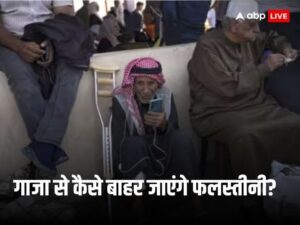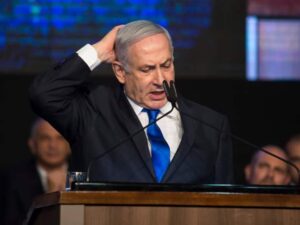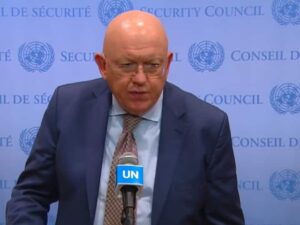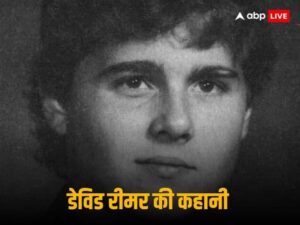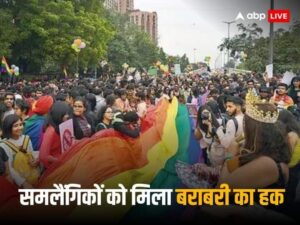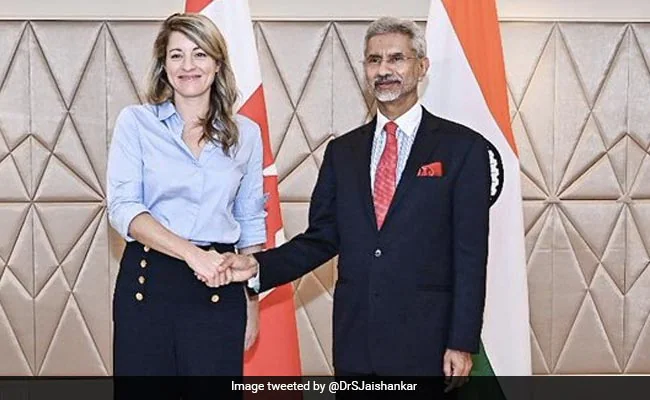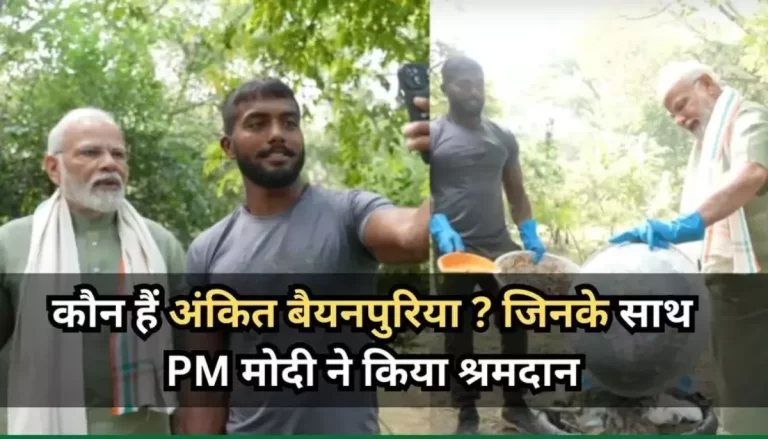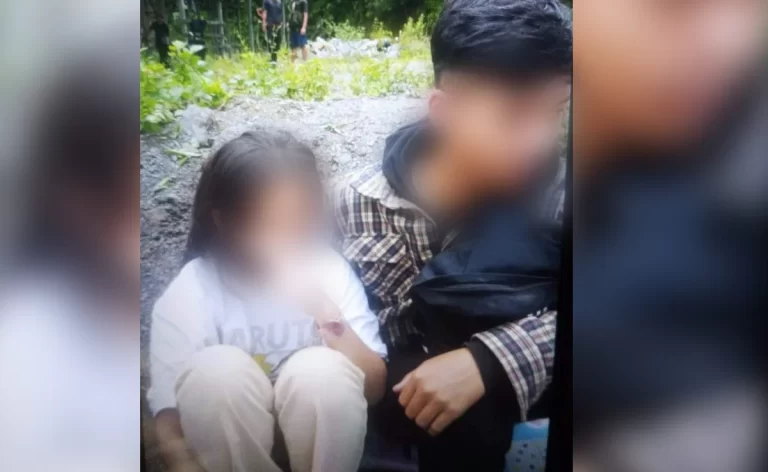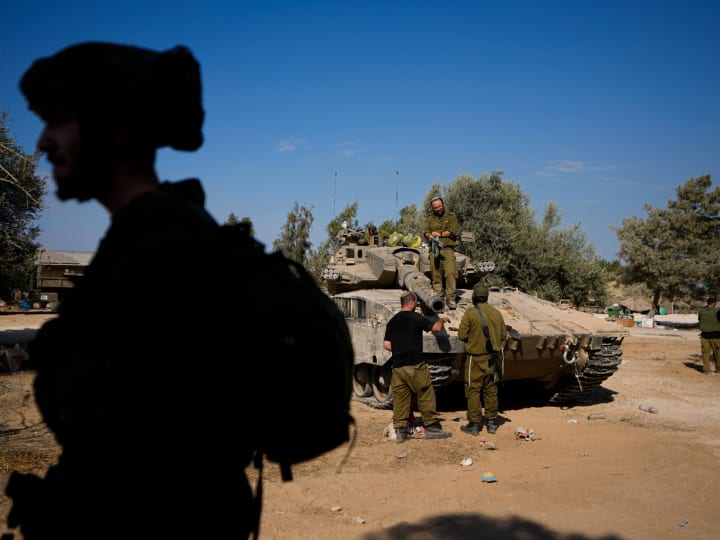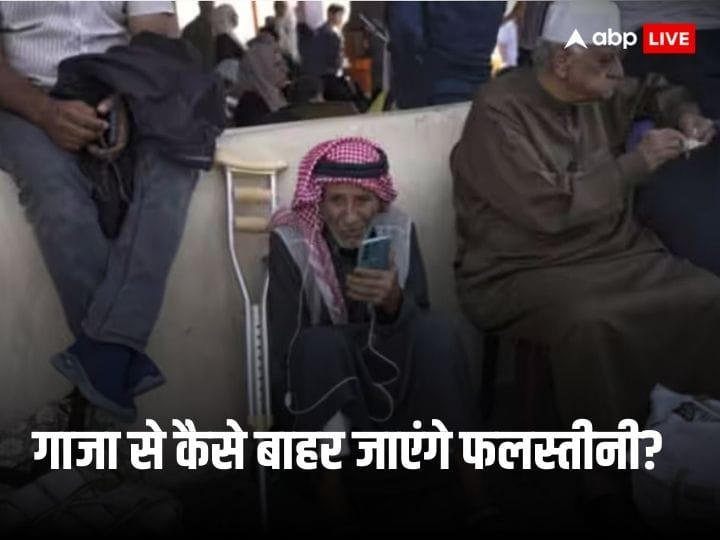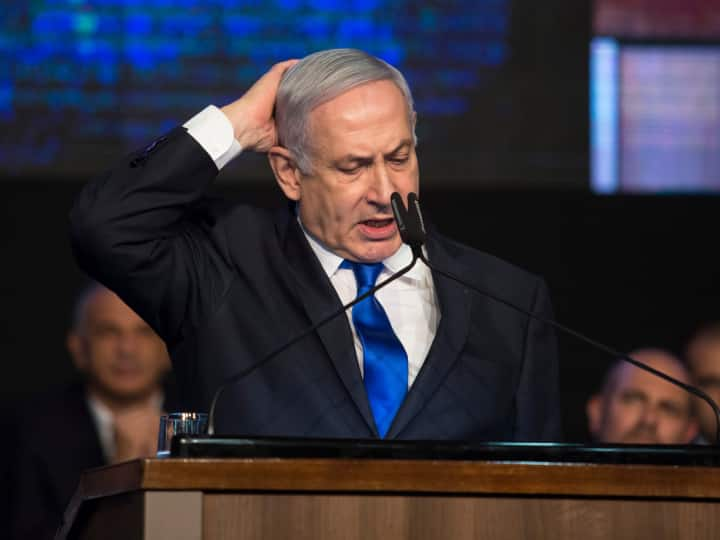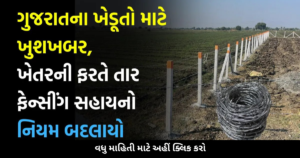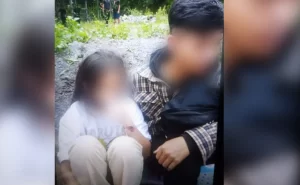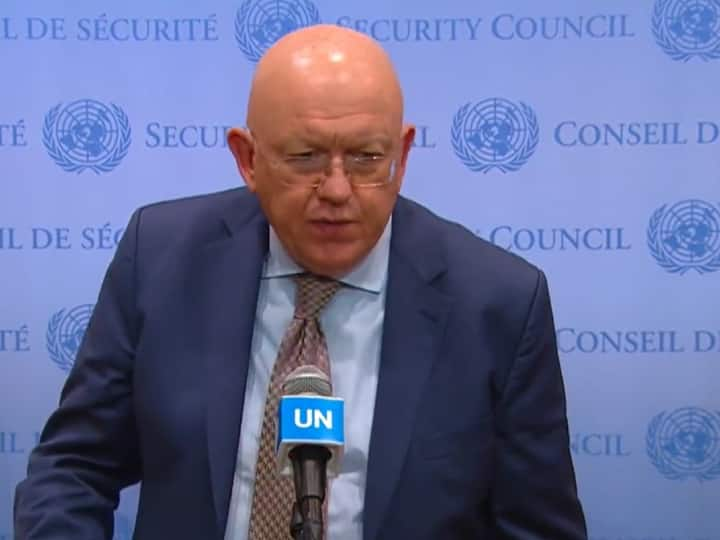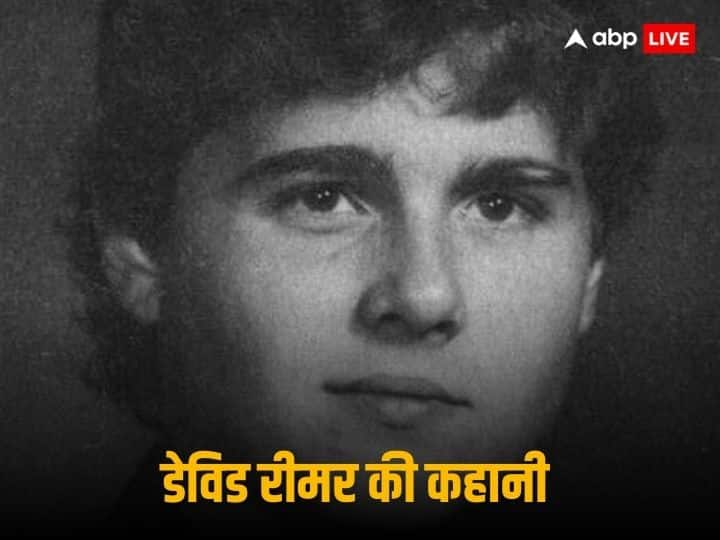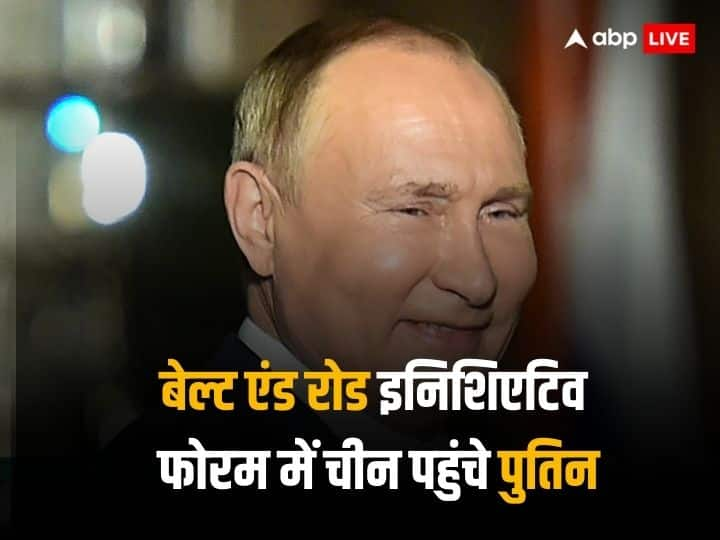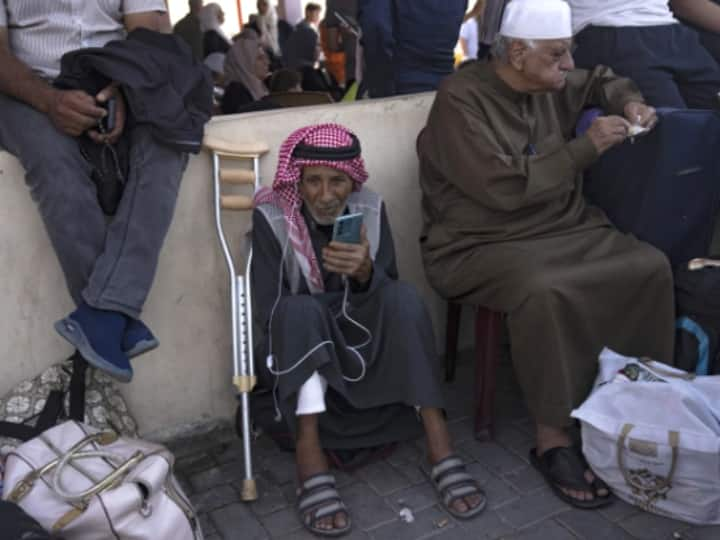In the world of international diplomacy and politics, tensions often arise unexpectedly, and one such recent development involves the strained relationship between Canada and India. At the heart of this diplomatic standoff are allegations made by Canadian Prime Minister Justin Trudeau regarding India’s involvement in the killing of Khalistani terrorist Hardeep Nijjar. This article delves into the intricacies of this controversy, shedding light on the context and implications.
The Travel Advisory Update
Canada’s announcement of an updated travel advisory for its citizens traveling to India served as the catalyst for this dispute. The Canadian government had communicated this advisory well in advance to Indian authorities, citing certain videos circulating on the internet that targeted Canadians. It’s essential to emphasize that this advisory was shared with India as a precautionary measure and not as an accusatory one.
Trudeau’s Allegations
Prime Minister Trudeau chose to use the Canadian Parliament as a platform to voice what he termed as “credible allegations” regarding India’s involvement in the extrajudicial killing of Hardeep Nijjar, who was associated with the Khalistan Tiger Force. While these allegations have certainly ruffled feathers in diplomatic circles, it’s important to examine the broader political context in which they were made.
The Significance of Sikh Votes in Canadian Politics
Canada’s political landscape is unique in the sense that the Sikh vote holds considerable sway. This fact is exemplified by former Prime Minister Stephen Harper’s request to his Indian counterpart, Prime Minister Narendra Modi, to visit a Gurudwara in Surrey, British Columbia, during Modi’s visit to Canada in 2015. This move underscores the significance of the Sikh community in Canadian politics, even in areas far removed from the epicenter of Sikh activism, such as Vancouver.
The Challenge of Credibility
In the aftermath of Trudeau’s allegations, the onus is on the Canadian government to provide credible evidence linking India to the assassination of Hardeep Nijjar. It is crucial to emphasize that India vehemently denies any involvement in this political killing and fully supports the legal process in Canada. However, India is also resolute in its stance that it will not tolerate unsubstantiated charges being leveled against it.
Diplomatic Maneuvers
External Affairs Minister S. Jaishankar is set to address the UN General Assembly in New York shortly, and all eyes are on his speech. It is expected that Minister Jaishankar will respond to Trudeau’s allegations in his own diplomatic style. Following his UN address, he is scheduled to embark on a journey to Washington D.C. for bilateral meetings with the Biden Administration.
The Future of the Dispute
As time passes, the Trudeau government faces a growing need to substantiate its claims or risk further damage to bilateral relations with India. The question remains: will Canada name the contract killer of Nijjar soon, or will this issue continue to simmer and resurface periodically?
In the complex world of international relations, diplomatic spats like the one between Canada and India are not uncommon. What is crucial, however, is a commitment to a fair and transparent resolution of the matter. India stands firm in supporting the legal process in Canada while demanding credible evidence to substantiate the allegations. As the diplomatic discourse unfolds, the world watches, hoping for a peaceful resolution to this dispute and a preservation of strong bilateral ties.

